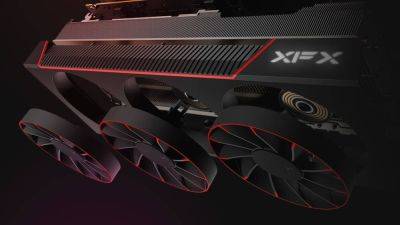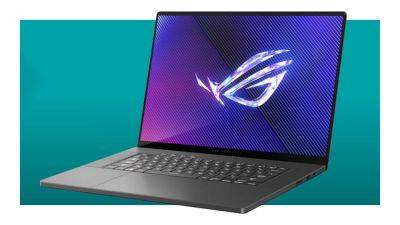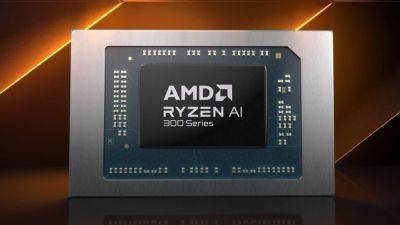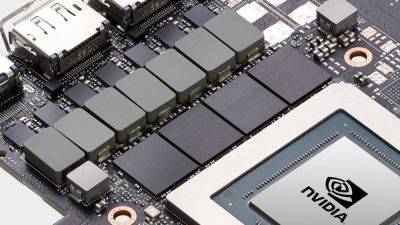Are 16 cores in the new Ryzen 9950X sufficient for gaming? 'There's no physical reason we couldn't do more than 16 cores,' says AMD
In a Q&A session, after the Zen 5 and Ryzen 9000 series announcements, AMD was grilled on all things AI, data center, and mobile. One question raised pointed out that top-end desktop Ryzen processors have sported a maximum of 16 cores for nearly five years and asked AMD if that was sufficient for the gaming enthusiast PC market. CEO Dr Lisa Su responded that they could add more cores but game developers just aren't routinely using that many cores in their software.
Specifically, she said that «for gaming, developers have not necessarily used all of the cores from time to time…there's no physical reason we couldn't do more than 16 cores…the key is just making sure that we are going at this at a pace that the software guys can utilise it and do utilise it.»
This isn't surprising, of course, as any PC gaming enthusiast will know that games respond far more to higher clock speeds, more cache, and faster RAM than having more than eight cores and 16 threads. That's partly because the PlayStation 5 and Xbox Series X/S have eight-core CPUs, one of which is always kept aside for house-keeping duties, so games that are designed to be multi-platform releases are rarely geared toward using more than eight cores for the PC version.
But the main reason is that the processing cycle in the vast majority of games is very linear and much of the sequence doesn't lend itself particularly well to parallelism. Certain things do, such as pipeline state object caching (aka shader compilation), data decompression, BVH structures building for ray tracing, and object physics, but these aspects are rarely a bottleneck in any game's overall performance.
One could counter AMD's argument by pointing out that many of Intel's gaming CPUs sport far more than 16 cores—the latest Core i9 14900K has 24 cores, thei7 14700K has 20 cores, and even the mid-range Core i5 14600K is packing quite a few, with 14 cores. Intel, though, doesn't have core parity in its chip designs, unlike in all desktop Ryzens.







